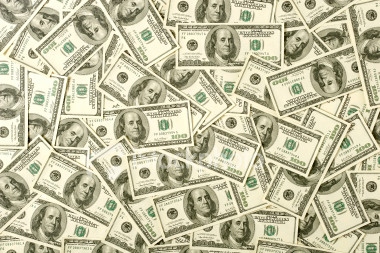 As wealth increasingly became measured in terms of money, Aristotle made profound observations that, 2,500 years later, still influence our financial markets.
As wealth increasingly became measured in terms of money, Aristotle made profound observations that, 2,500 years later, still influence our financial markets.
For Aristotle, money represented only the commodities it could buy. One can store wealth with money—but money alone is not “wealth,” because if one only had money one would starve.
Money’s power is in the value it can obtain. It is a medium of exchange by which people can accrue other components of wealth, which in ancient times included property, livestock, implements, and slaves. The more money one had, the more of these components he could buy for himself, not only to survive but also to flourish: to live comfortably, but also morally. These are aspects of what Aristotle called “The Good Life” or Eudaimonia.
This is a fascinating departure from previous conceptions of money, as Aristotle advocated the accumulation of wealth, not as an end in itself, but as a way of attaining a more fulfilling life experience.
Money was seen as a conduit to pursue pleasure, righteous pleasure that was attuned to morality. Virtue was also a component of the Good Life, defined by Aristotle as the harmony of the soul in compliance with virtue, both intellectual virtue and moral virtue. Money represented the resources to achieve such harmony.